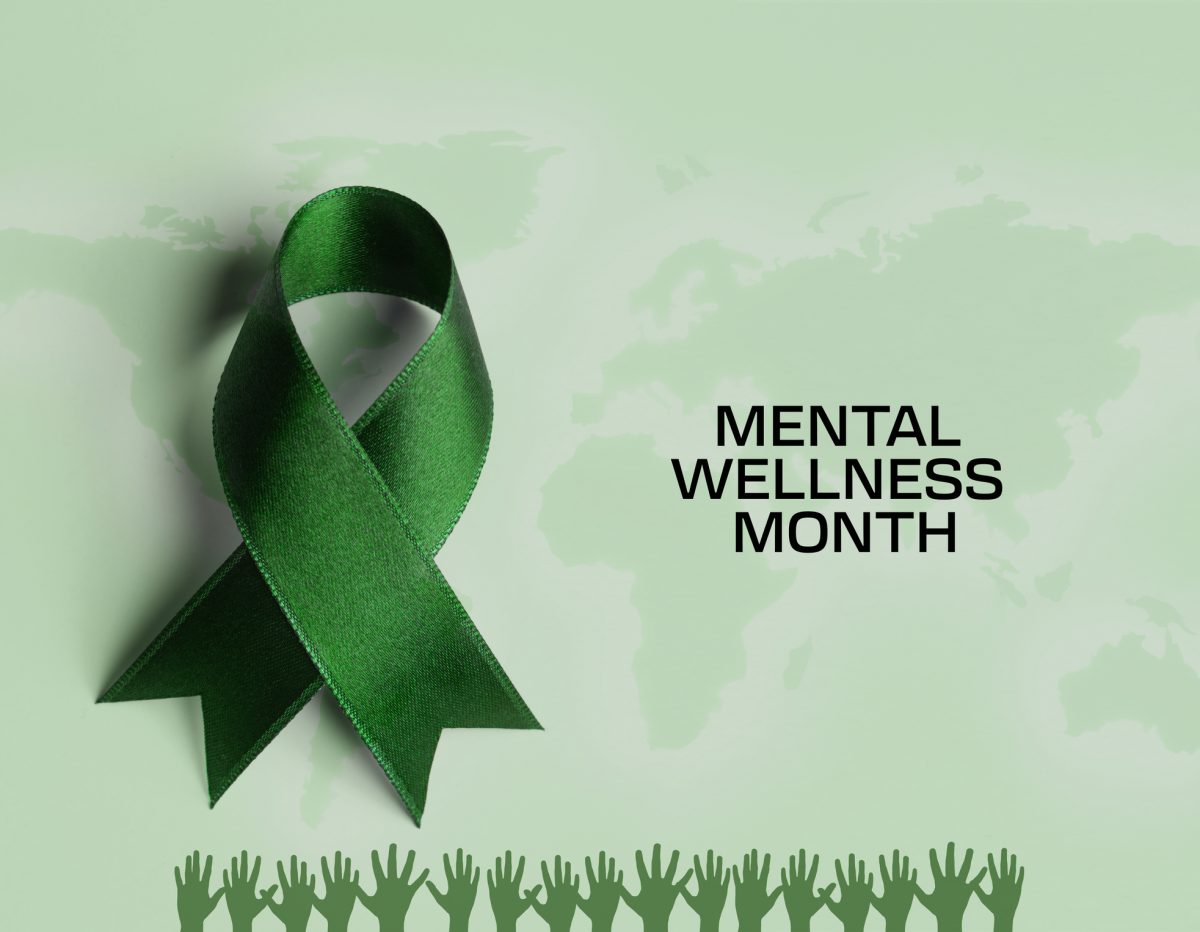Supporting Transgender Youth Mental Health
By Ashley Barnes, M.S. Transgender identity. Transgender individuals are those whose sex assigned at birth does not completely align with their current gender identity; it is important to note that the identities of transgender and nonbinary are not always mutually exclusive (Price-Feeney et al., 2020). People who identify outside of the gender binary and who may or may not also identify as transgender are non-binary individuals. Non-binary gender identity can include identifying as neither male nor female, both male and female or as different genders at different times. (Richards et al., 2016). Risk Factors. While the LGBTQ+ community is often lumped together as one large unifying group, it incorporates sub-communities and identities with vastly different experiences; one such sub-community with its own unique experience is the trans-community. Though the larger LGBTQ+ community experiences stigmatization and discrimination on social and political levels, research has identified solemn truths about some of …






